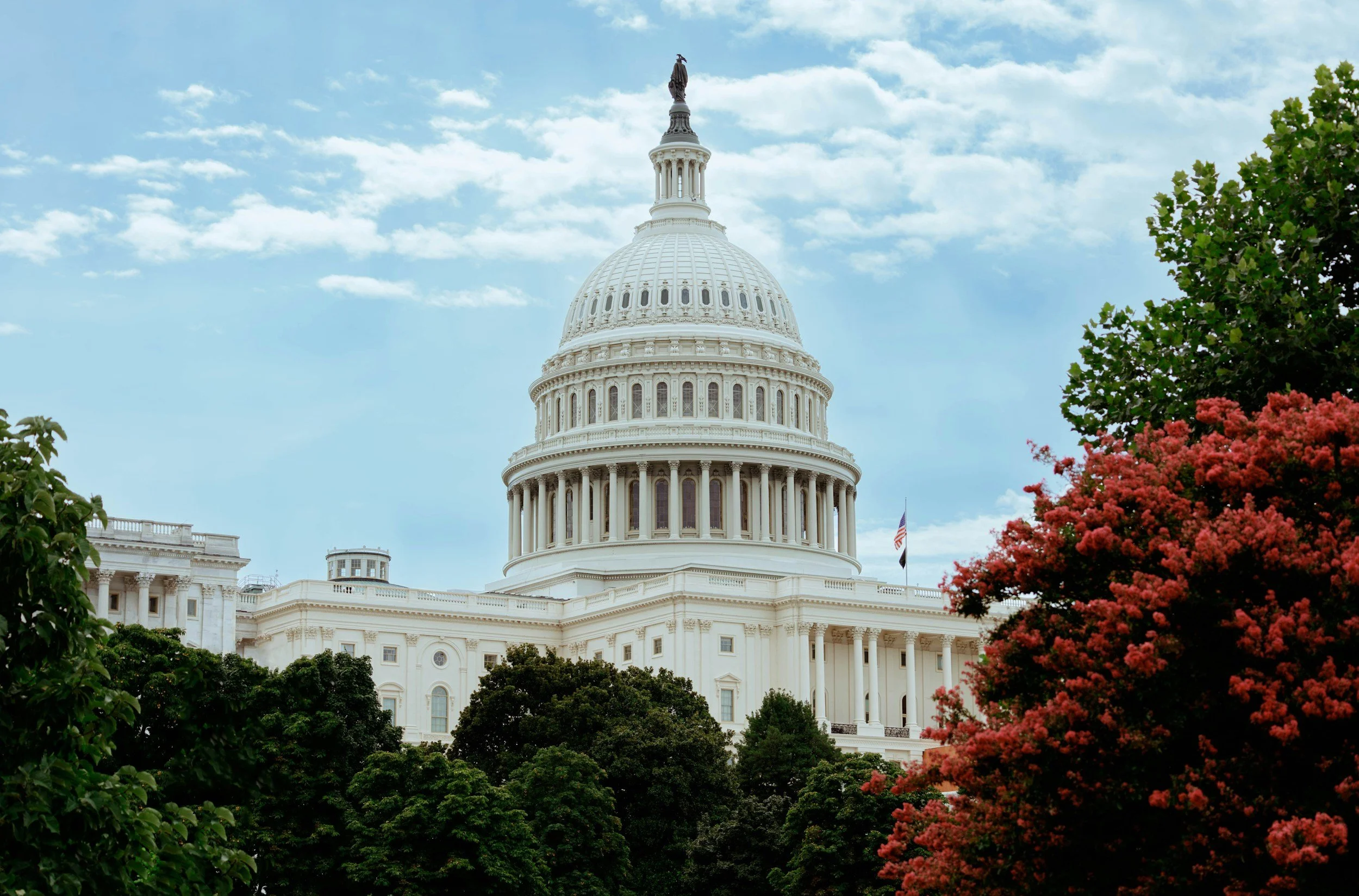Brisbane Launches AU$15M AI Traffic Trial to Tackle Congestion and Modernize Transport

Image Credit: Steven Pahel | Splash
Brisbane City Council is initiating a AU$15 million trial aimed at transforming suburban traffic management through artificial intelligence, targeting congestion across key corridors in Australia’s fastest-growing capital city. The Smarter Suburban Corridors trial, part of the city’s Race to Gold Transport Plan, will upgrade selected traffic systems—focusing on corridors and intersections most affected by outdated technology—before any citywide rollout is considered.
AI-Powered Traffic Trial: Focus and Timeline
The Smarter Suburban Corridors initiative will employ AI to upgrade traffic systems in targeted areas of Brisbane, which manages over 5,800 kilometers of roads and more than 1,000 signalized intersections. The project’s goal is to improve travel time consistency, enhance road safety, and prioritize public and active transport. Lord Mayor Adrian Schrinner emphasized the importance of the project, stating the need to keep pace with rapid growth and prepare for the 2032 Olympic and Paralympic Games.
Development began with an industry briefing in November 2024. An Expression of Interest for suppliers is planned for early 2025, with a multi-stage procurement process to follow. The 12-month trial itself is expected to begin around August 2026.
How AI Will Manage Brisbane’s Traffic
The AI system will analyze real-time data from road sensors and cameras to adjust traffic signals dynamically. By processing information about vehicle movements, queue lengths, and flow rates, AI can modify signal timings to optimize traffic throughput. Features such as prioritizing buses and public transport during peak periods are planned, drawing from successful smart corridor models internationally. The initial rollout will focus on specific, yet-to-be-named suburban corridors, with potential citywide expansion contingent on trial results.
Why AI Is Needed Now
Brisbane’s population growth and preparations for upcoming global events have highlighted the limitations of the city’s aging traffic management systems. As of 2024, the Bruce Highway near Pine River, north of Brisbane, carries approximately 165,000 vehicles daily. Recent performance data from the Brisbane City Council also documents persistent congestion and slow average speeds on key council-managed corridors. According to the INRIX 2024 Global Traffic Scorecard, Brisbane now has the worst traffic congestion in Australia and ranks 10th globally, with local commuters losing an average of 84 hours per year in traffic delays. These figures underscore the urgent need for smarter, data-driven solutions. The council’s AI initiative follows broader smart city trends, such as Melbourne’s Intelligent Corridor and New South Wales’ Smarter Highways projects.
Potential Benefits of AI Traffic Control
International case studies, such as in Manchester, have demonstrated up to 23% improvements in traffic flow with AI-driven systems, though results vary by city. Real-time optimization may reduce delays, support more reliable public transport, and help lower emissions by smoothing stop-start congestion. Integrating AI with existing infrastructure ensures that if the trial is successful, Brisbane can efficiently scale the solution citywide. Global technology providers are expected to contribute through the open procurement process.
Challenges and Considerations
Justifying the AU$15 million investment will depend on the trial’s ability to deliver measurable improvements. Integrating data from diverse sources—cars, buses, cyclists, and pedestrians—poses technical challenges, as does ensuring sensor and camera data reliability. The council has not yet published specific data privacy measures, an area that will require clear and transparent communication to secure public trust.
We are a leading AI-focused digital news platform, combining AI-generated reporting with human editorial oversight. By aggregating and synthesizing the latest developments in AI — spanning innovation, technology, ethics, policy and business — we deliver timely, accurate and thought-provoking content.
































